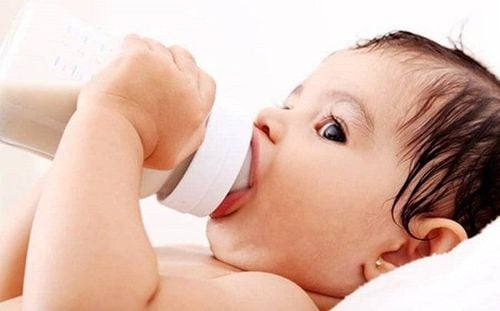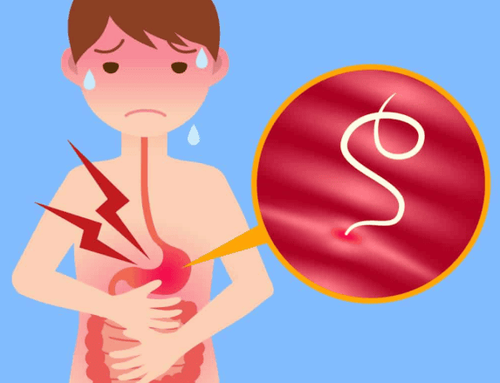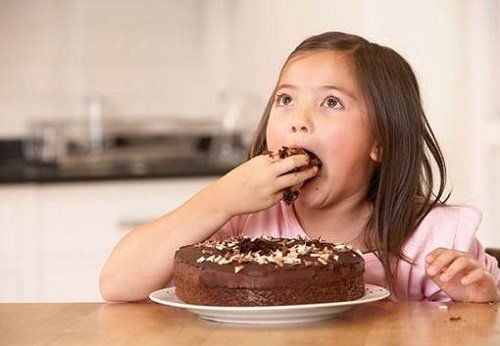Nội dung bạn đang tìm kiếm không có phiên bản tiếng Việt.
Vui lòng chọn tiếp tục để xem nội dung tiếng Anh hoặc đi đến trang chủ Tiếng Việt.
Rất xin lỗi về sự bất tiện này.
Pediatrics


6 habits mothers should adopt to reduce spitting up and vomiting in newborns
Aside from pathological reasons, newborns often experience spitting up and vomiting milk, which can usually be alleviated by adjusting a few simple habits during breastfeeding.
View more

Is it normal for an 8-month-old baby to not have any teeth yet?
Dear Doctor. My baby is 8 months old and is eating, sleeping, and gaining weight well. However, she has not yet started teething, even though other babies usually start teething at 5 or 6 months old.
View more
Latest articles

Worm infections in children
Intestinal worm infections are currently common in children. The consequences of these infections include poor appetite, slow growth, malnutrition, anemia, and even death due to complications. Abdominal pain caused by worms is a typical sign that helps identify and effectively treat this condition.
View more

Reasons of the newborn’s stretching, startling and light sleep
In newborns, stretching, arching, and startling during sleep in the first few months of life are entirely normal physiological phenomena. They usually last for only a few seconds, then stop immediately. Therefore, parents should not be overly worried about these behaviors.
View more

How long after birth can newborn babies sunbathe?
Sunbathing helps newborns absorb sunlight, produce enough vitamin D for the body, reduce rickets, and treat neonatal jaundice. 7 to 10 days after birth is the ideal time for mothers to gradually introduce their babies to sunlight.
View more

What time should a newborn sunbathe?
In addition to tips for properly sunbathing newborns, many parents wonder about the appropriate times for sunbathing newborns. It is generally recommended to sunbathe babies before 9 a.m. and after 4 p.m.
View more

Be careful if the newborn's navel is wet and has a foul smell
The navel is the most susceptible place for infection in newborns because of the umbilical cord cut after birth, which is considered an open wound on the baby's body. If the umbilical cord cutting tools and daily dressing changes are not properly sterilized, the navel will face a very high risk of infection.
View more

Things to remember when using air conditioning for babies
Improper use of air conditioning can easily dry out the respiratory tract, leading to difficulty breathing, fever and diarrhea, ... in young children, especially newborns. Besides, staying in the room all day instead of going out , the child will not synthesize vitamin D from sunlight, leading to fussiness, night sweats, poor sleep at night, and decreased resistance.
View more

Why do children eat a lot but not gain weight or height?
Some children may eat little yet still be overweight, while others consume large amounts of food without gaining weight or height. Parents need to identify the specific reasons behind their child’s lack of weight gain to implement effective solutions.
View more

Is it difficult to raise a 7-month premature baby?
When your baby demands to come out early at just the 7th month of pregnancy, this makes you worry about the baby's health as well as how to take care of a premature baby. The immune system and resistance of premature babies will be weaker compared to those born full-term.
View more

